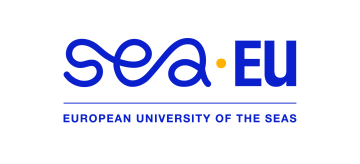The subject of our research is the application of methods of modern functional analysis, the theory of operator algebras and linear algebra to the description of physical phenomena. In particular, we study
- the notion of quantum entanglement,
- entanglement witnesses,
- quantum correlations,
- steering inequalities.
Our goal is also to describe the structure of positive mappings on matrix algebras. In particular we are focused on the problem of NPT bound entanglement.
Adam Rutkowski, Michal Banacki, Marcin Marciniak, Necessary and sufficient condition of separability for -symmetric diagonal states, Physical Review A 99(2), 022309, 2019, https://doi.org/10.1103/PhysRevA.99.022309
Marcin Marciniak, Adam Rutkowski, Merging of positive maps: A construction of various classes of positive maps on matrix algebras, Linear Algebra and its Applications 529, 215-257, 2017, https://doi.org/10.1016/j.laa.2017.04.026
Z Yin, AW Harrow, Michał Horodecki, Marcin Marciniak, Adam Rutkowski, Saturation of the Tsirelson bound for the Clauser-Horne-Shimony-Holt inequality with random and free observables, Physical Review A 95 (3), 032101, 2017, https://doi.org/10.1103/PhysRevA.95.032101
Marcin Marciniak, Adam Rutkowski, Z Yin, Michał Horodecki, Ryszard Horodecki, Unbounded violation of quantum steering inequalities, Physical Review Letters 115, 170401, 2015, https://doi.org/10.1103/PhysRevLett.115.170401
Zhi Yin, Marcin Marciniak, Michał Horodecki, Operator space approach to steering inequality, Journal of Physics A: Mathematical and Theoretical 48, 135303, 2015, https://doi.org/10.1088/1751-8113/48/13/135303
